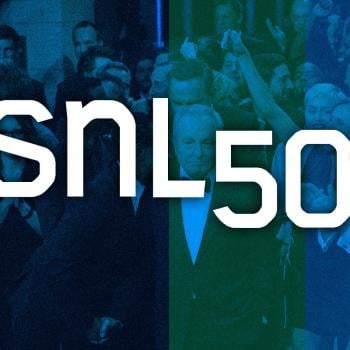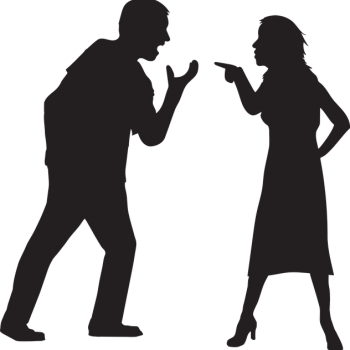Editors' Note: This article is part of the Patheos Public Square on Myth, Imagination, Fairy Tales, and Fantasy. And Faith. Read other perspectives here.
Stories are not just stories.
Our own stories do things for us.
And, if we'll allow them, the stories of others do things to us.
Lovers of fiction celebrate this. Lovers of religion should as well.
Because listening to stories that queer our assumptions has become more crucial than ever.
For millennia, myths and legends have functioned as the social glue that holds tribes together and validates the actions of those tribes in the world. Ancient origin myths illuminated natural phenomena in a pre-scientific world and legends of ancestral heroes showcased valiant examples to be extolled and emulated. "True history," as an unquestioned record of past events, was of far less concern to most tribes than was an oral (and eventually written) tradition that activated the imagination of its audience, conveying ethics and identity through symbols and images.
This stimulation of imagination has continued to work for better and worse. Potent metaphor and narrative have nourished collective solidarity among like-minded people, but their potential destructive powers have also added to the disheartening breakdown in today's religious, ideological, and nationalistic conversations. The stories we tell ourselves can draw our own tribes closer together. They can also further distance us from those who tell themselves different stories. The details of "history" will always be understood differently.
But fiction allows for playful excavation in a way that religion often attempts to avoid. So why not look even more closely at the common and uncommon threads that connect the fictive, poetic, and fantastical (in addition to the sacred) texts of disparate cultures?
The trick to re-creating and maintaining connection across difference lies in acknowledging stories for what they are: Subjective and incomplete chronicles in need of continual interpretation and supplementation. Humans seek clean, causal narrative in our own past, present, and future, but when we step back from our own need for validation and realize that mythology, and not so much "true history," is what fuels our sense of identity, we can begin to appreciate stories for what they can be: Powerful tools that don't have to simply reinforce our sense of the status quo, but completely upend our own expectations.
This is what's so amazing and potentially transformative about fairy tales, fantasy, and science fiction. Clearly, all three genres have entered the current mainstream, capturing anew imaginations of all ages. Especially in the United States, we are a population hungry for narratives that show worlds wholly different from, but wholly analogical to, our own. Some might call this escapism; I call it proof of our undying need to examine life through creative, artistic lenses.
Knowing history is important. Educating oneself about what has happened in "the real world" is necessary for anyone seeking to continue participating in it. There are "true" historical events, wonderful and terrible, from which we must learn and through which we must examine ourselves. But history is rarely the simplified and clean narratives with which we fill our school textbooks and self-interested minds. Although mythology and religion have had (and continue to have) their own unfortunate dips into truth-claims and orthodoxy, both, at their best, seek to convey truths that soar above "facts" and reveal the gray areas that open up space for transcendence. Today's fantasy and science fiction bestsellers are so popular because they make messiness seem ripe with potential in an increasingly messy world.
Author Ursula K. Le Guin defines the paradoxical possibility found in fantastical fiction: "I talk about the gods, I am an atheist. But I am an artist too, and therefore a liar. Distrust everything I say. I am telling the truth. The only truth I can understand or express is, logically defined, a lie. Psychologically defined, a symbol. Aesthetically defined, a metaphor." Storytellers are best understood as curious revealers of the multiple, complicated truths that queer the "realities" that merely "fact-based" approaches to history and religion often deny.
As a Christian minister, I am often asked whether I believe that the stories told in "My Bible" are actually "true." My truth: I don't care if the stories are historically true, because I know what the stories do to me and I know when I am using those stories well. But I am not interested in my stories being the stories that dominate. I need the stories of other cultures, other religions, other human experiences to trouble the serene waters of my own "truths." I know my own Christian tradition is being used defensively when we run to its stories for hard truths instead of approaching them as the symbol-rich, metaphor-driven, possibility-drenched magical realism that they truly are.
Those who create fairy tales, fantasy, and science fiction are, at their best, manufacturers of fictive realities that somehow move beyond our need for tribal validation and seek to help us expand our tribes, welcoming stories that upend and subvert our own ideas of reality, allow other realities to break into our consciousness, and queer us. "History" and "religion," in many cases, might want to offer the final word, but fiction offers authentic opportunities to continually transform in ways we would never dream of on our own.
3/9/2016 5:00:00 AM




